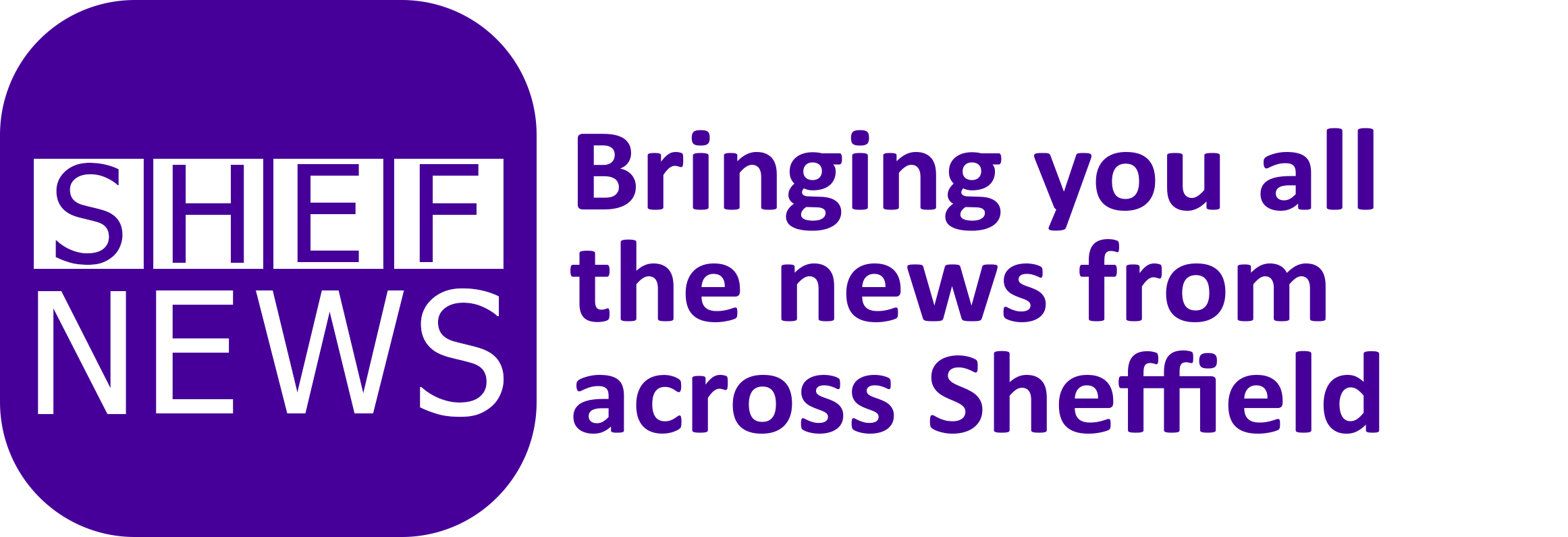On 22nd March, over a billion Muslims worldwide began their annual observation of Ramadan, the holy Islamic month of fasting.
It is a time marked by intense fasting and prayer for the Muslim community.
So why is Ramadan so important to Muslims and what do they customarily do during this time?
What is Ramadan?
Ramadan is the 9th month of Islamic calendar and one of the 5 pillars of Islam. As described in the Quran, the Islamic holy book, the month of Ramadan is a guidance for the people and gives clear indication (between right and wrong).
Gohar Khan, 37, Chair of As-Salaam Humanitarian Foundation in Sheffield, said: “It’s a time to get closer to God (Allah) through 30 days of fasting, giving charity, night prayers, and devoted worship.”
During this period Muslims fast between sunrise and sundown for 29 to 30 days, depending on the Lunar cycle.
What are the Islamic five pillars?
“The Five Pillars of Islam, which form the cornerstone of how Muslims spend their life, are: faith, prayer, charity, making the journey to Mecca, and fasting,” Khan said.
The month of Ramadan is also a time for Muslims to engage with their communities and provide assistance to those in need.
“Through our charity which operates in 20 different countries – we recently travelled to Zanzibar and distrusted food packs to locals.
“It made me realise to be grateful and appreciative of the small things.” he said.

It is quite common to have two meals, the suhoor (just before dawn) and the iftar (just after dusk).
Families and friends will gather for iftar to break their fast once the sun has set, signalling the end of the fast.
Moreover, the neighbourhood will gather at the nearby mosque for prayer.
Does everyone observe Ramadan fasting?
“Only those who are considered to be healthy and fit enough opt to fast throughout Ramadan,” said Khan.
“Children, expectant mothers, the elderly, those who are unwell.
“If you’re on a journey, 48 miles is the minimum travel distance exception but you are expected to participate afterwards.”
What occurs at the conclusion of Ramadan?
To mark the conclusion of Ramadan, there is a unique celebration. The Feast of the Breaking of the Fast is known as Eid al-Fitr.
When the new moon is first spotted in the sky, it officially starts.
Muslims will praise Allah for the support and strength he provided them with during the previous month in addition to celebrating the completion of the fast.
Sawaira Farooq, 22, studying radiology with oncology in Sheffield, said: “I was twelve, I really wanted to fast. My parents and grandparents encouraged me, supported me in completing my first fast, and gave me money to do charity. They gave me gifts to congratulate me for fasting, which is one of my most cherished memories.”
Celebrating Ramadan in Sheffield
Sheffield is home to a vibrant Muslim community in areas such as Firth Park and Nether Edge.
Farooq said: “I will celebrate Eid with my family and friends and attend the Eid festival which includes food, drinks, rides and many more things. Everyone can gather in one place and enjoy themselves.”

